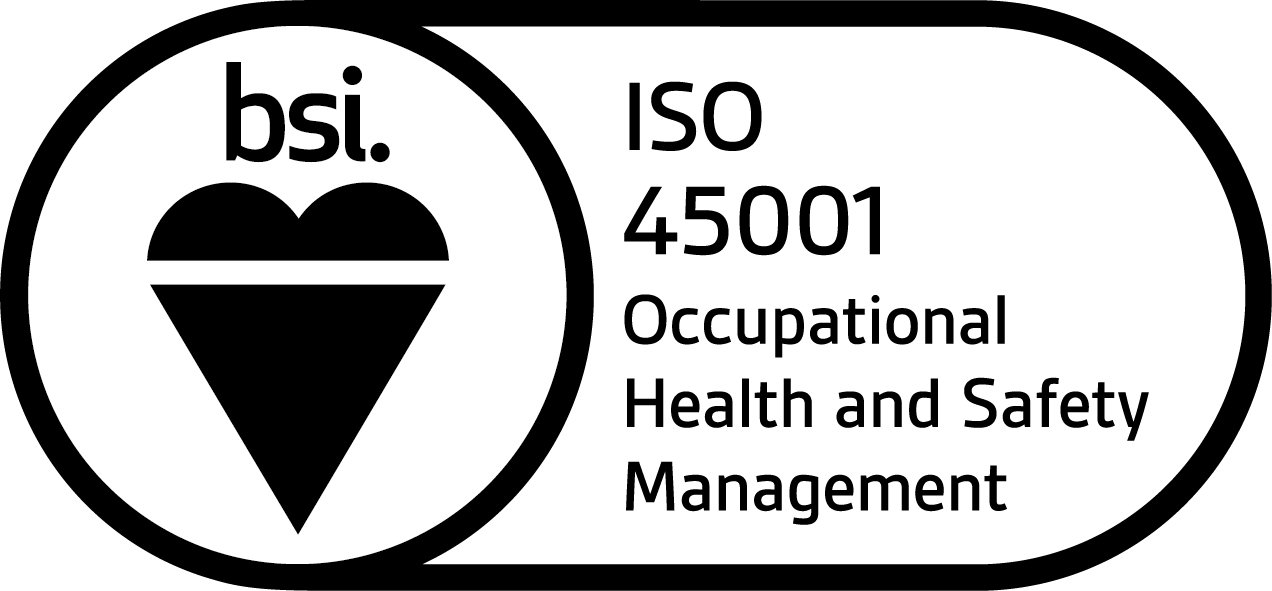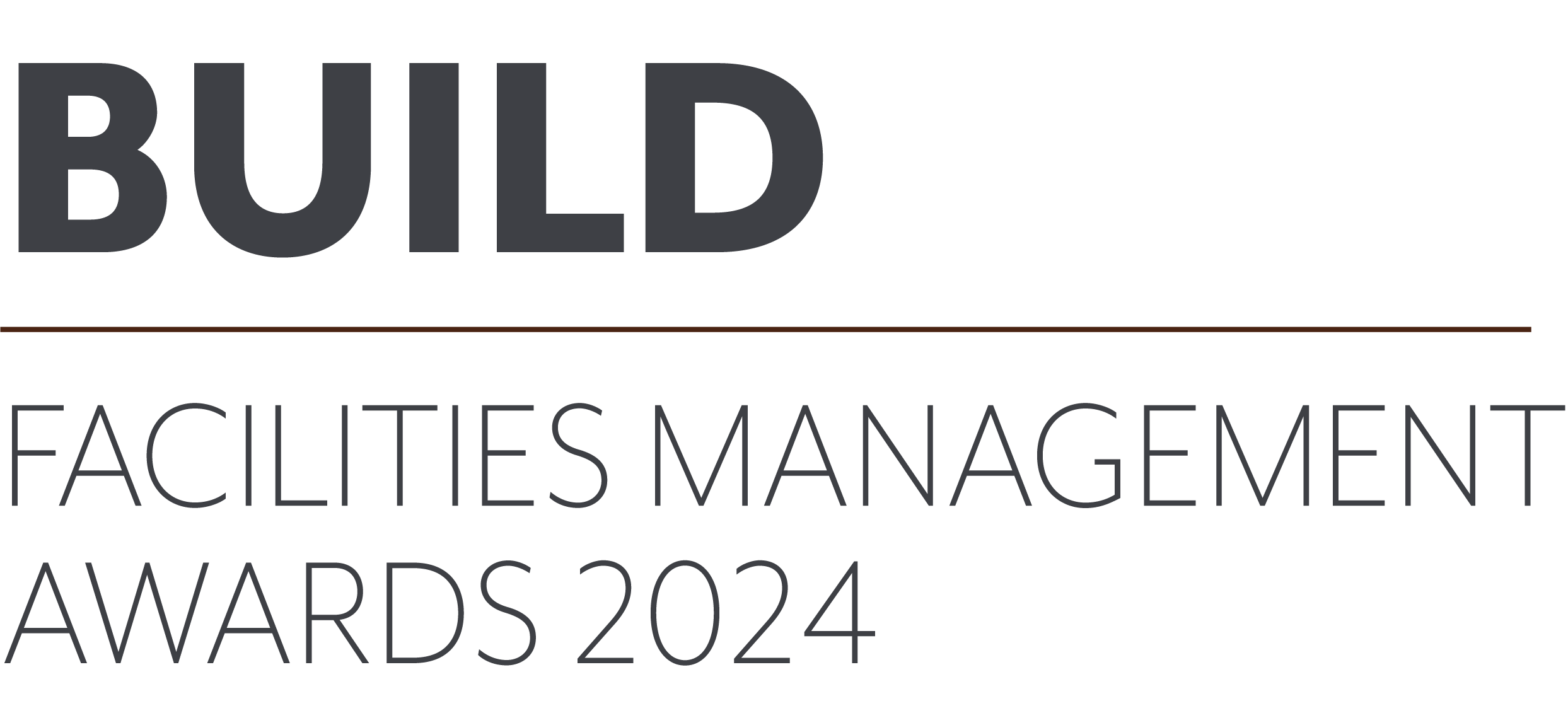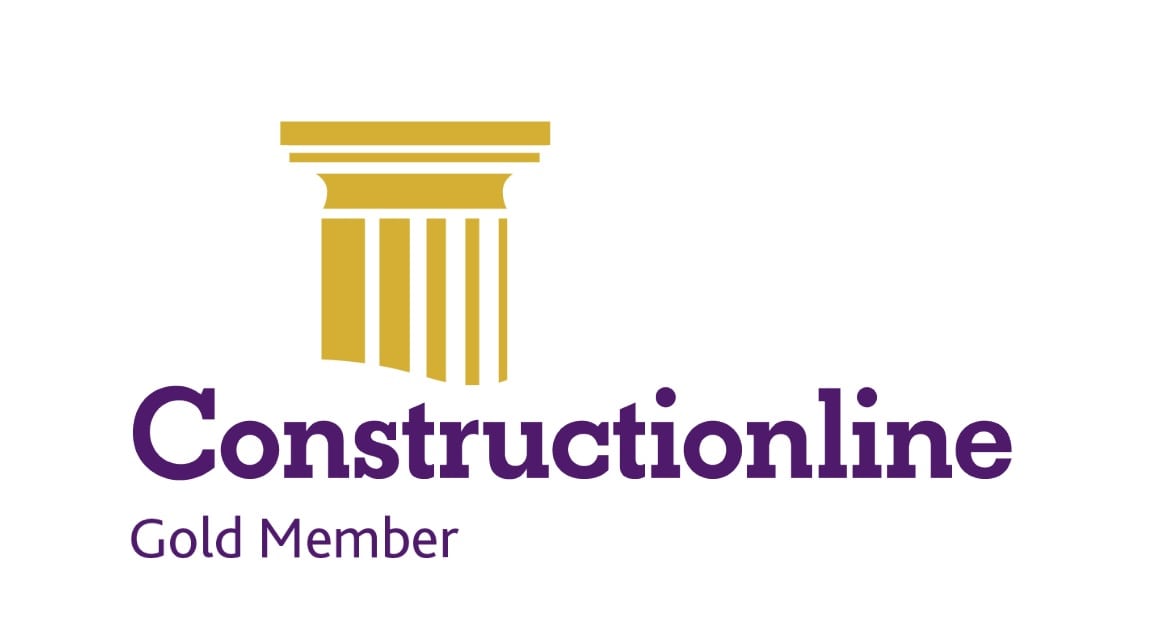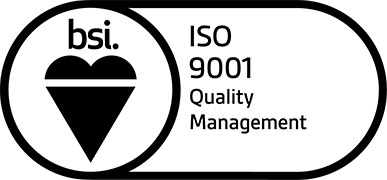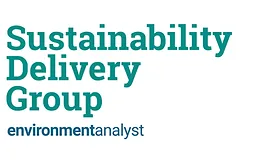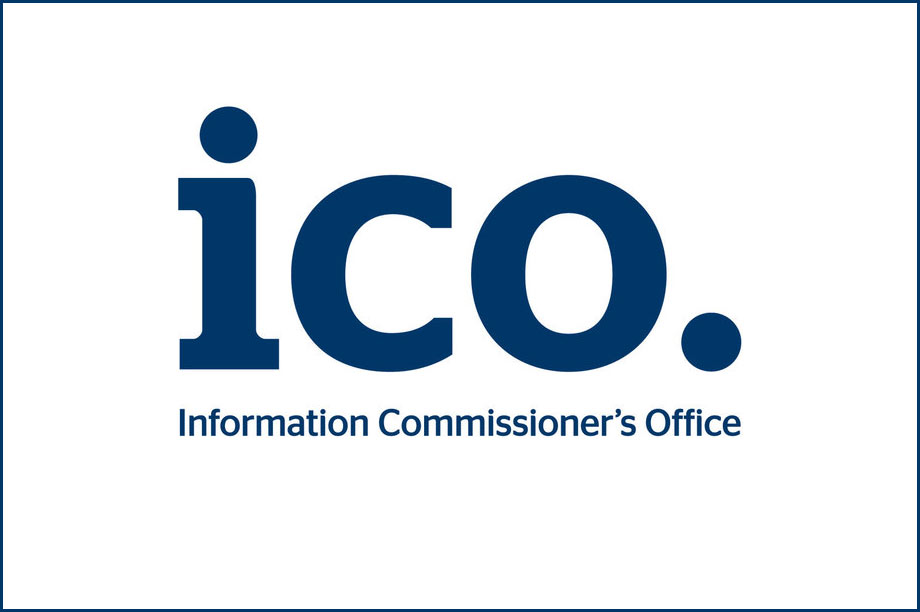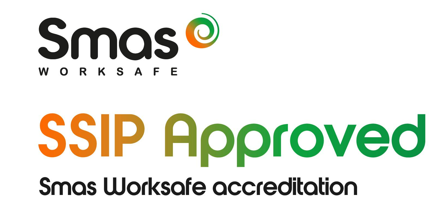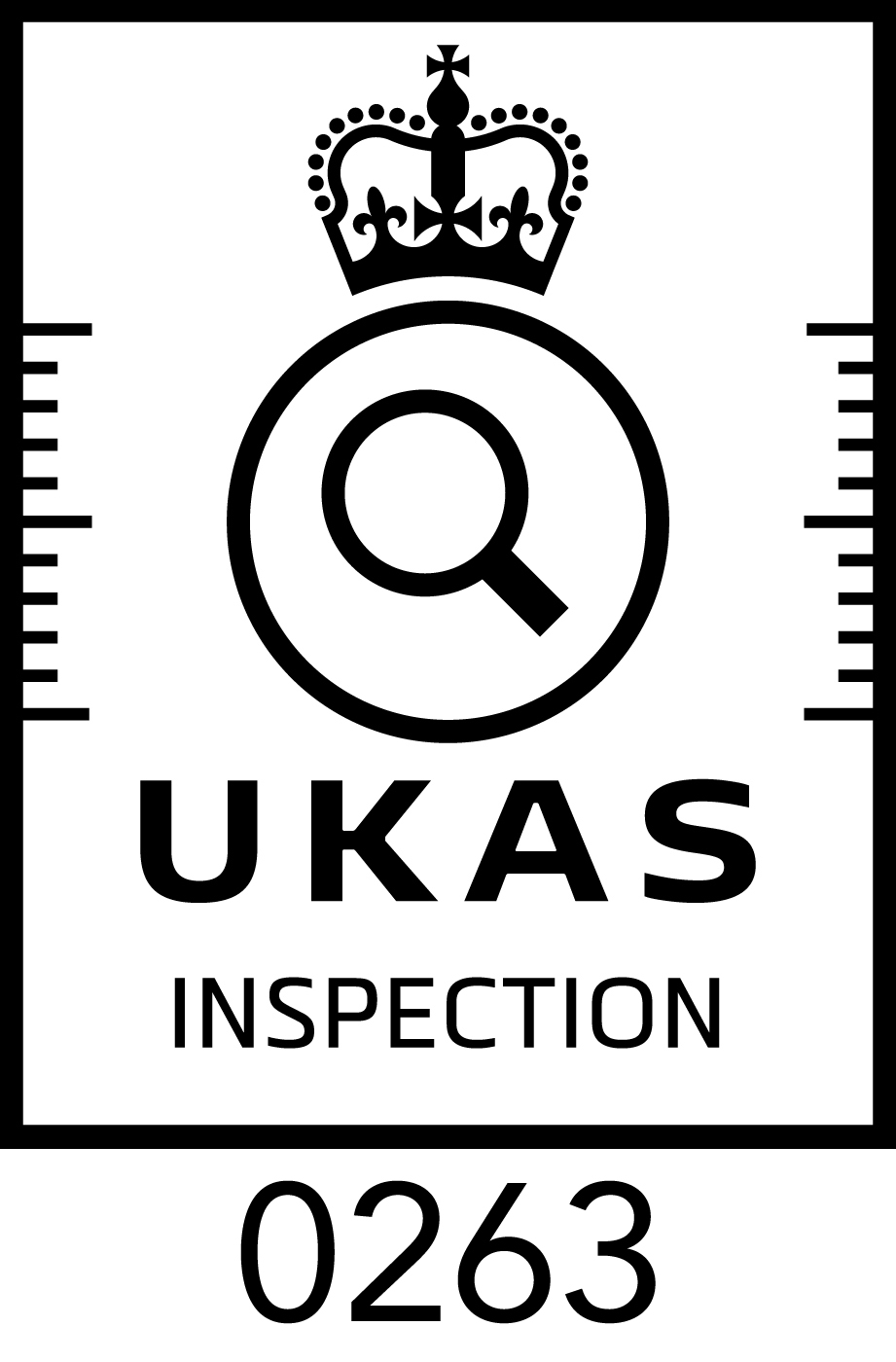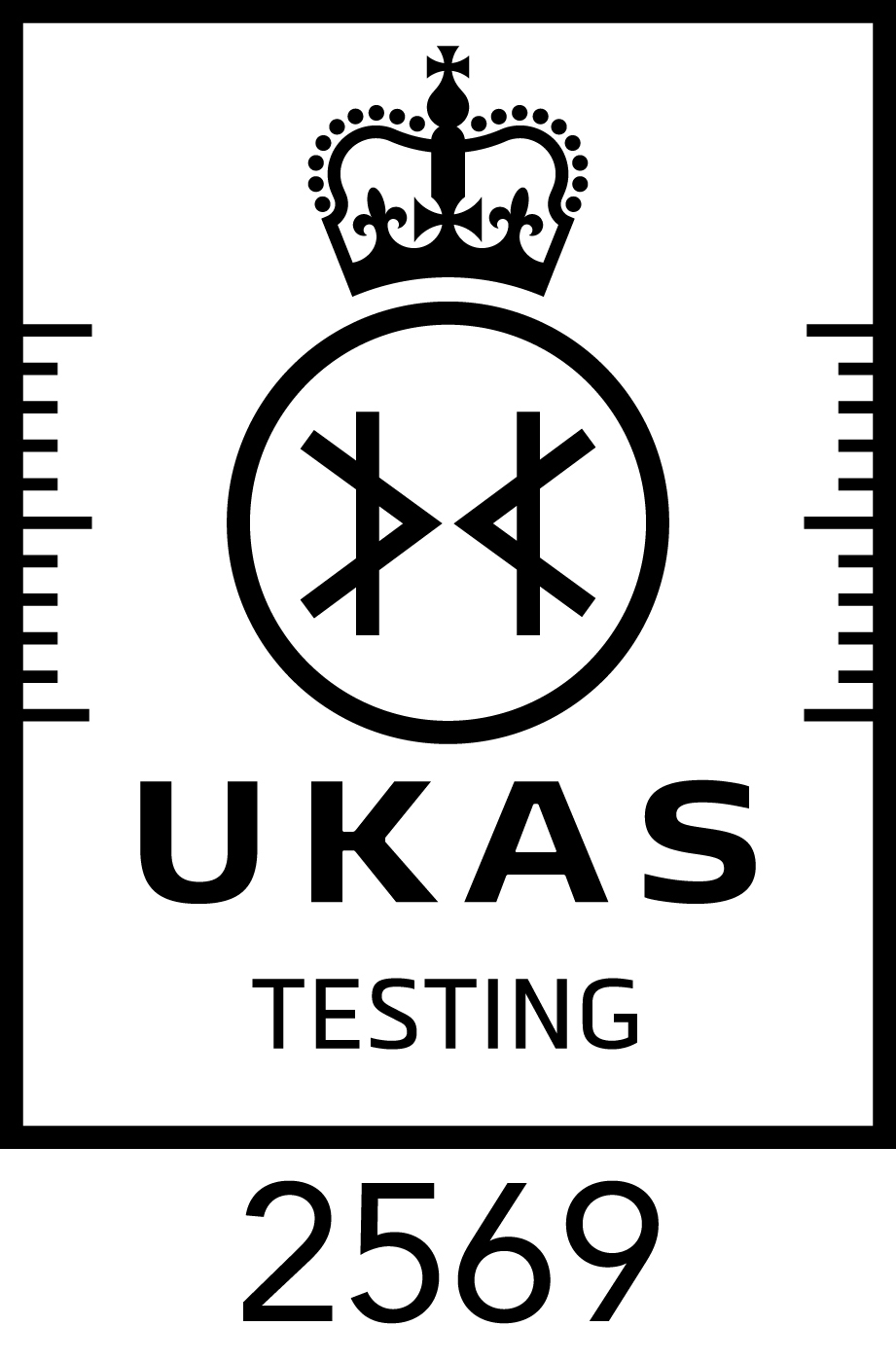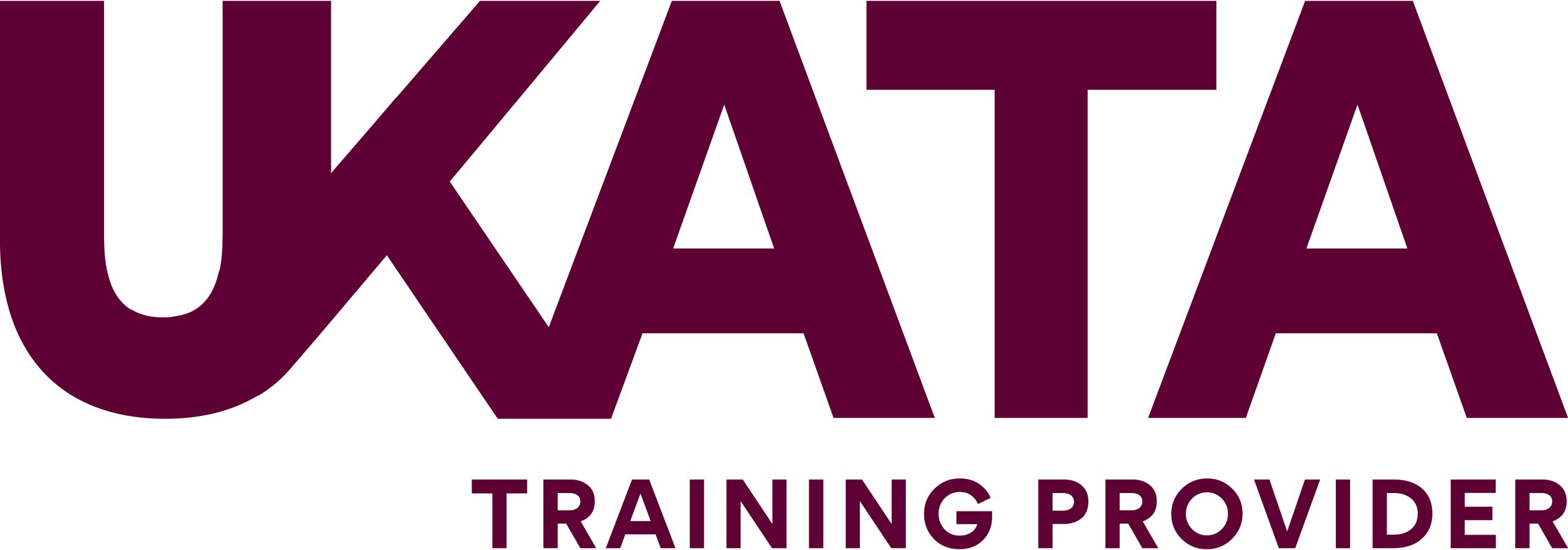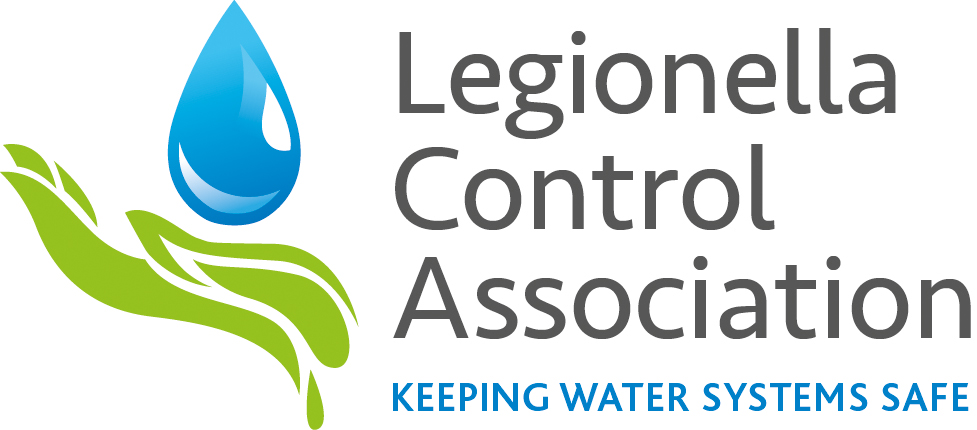Protecting people and planet
Protecting people and planet
Protecting people and planet
Protecting people and planet
Protecting people and planet
Balancing Risk and Managing Hazards: Asbestos Risk Management in the Nuclear Sector

Lucion Group
13th June, 2023
The UK government has outlined major infrastructure objectives including greater devolution to West Midlands and Greater Manchester to implement their own ambitious infrastructure strategies, and progress to keep the UK on track to achieve nationwide coverage of gigabit broadband by 2030. Such initiatives are being invested in to support climate resilience and the transition to net zero carbon emissions by 2050, creating a net zero economy by 2050, and promoting economic growth across all regions of the UK.
In light of current energy uncertainty, the UK government is seeking to invest in its current Nuclear infrastructure to stabilise the supply of energy in the UK and drive economic growth. Such investments are promoting upscaling in the nuclear sector and facilitating innovation in environmental compliance management.
Head of National Key Accounts Stuart Goodman discusses how our team ensures compliance whilst balancing the risks of asbestos and radiation, and explores the latest potential hazardous materials management technology-driven innovations happening in the nuclear sector.
The Health and Safety Executive (HSE) has identified asbestos, a class 1 carcinogen, as the top cause of occupational fatalities in the UK, resulting in over 5000 deaths in 2022. The World Health Organisation (WHO) reported that globally, over 90,000 people die each year due to asbestos-related illnesses such as lung cancer, mesothelioma, and asbestosis caused by occupational exposure. Asbestos is responsible for approximately one-third of occupational cancer deaths. Furthermore, prolonged exposure to deteriorating asbestos in the living environment is believed to result in several thousand deaths every year.
With its heat-resistant and durable qualities, asbestos was historically used in the building and development of power plants built prior to the 1980’s including; oil-fired, coal-fired, and nuclear power plants, throughout the UK. When the first nuclear power plant came into operation in 1956, the widespread use of asbestos fibres and products manufactured from these fibres used in the British construction industry was peaking with over 170,000 tonnes of asbestos imported each year.
Whilst the dangers of asbestos use were known (and the first asbestos laws were passed as early as 1930 due to an increase in asbestos-related diseases), control measures, safe systems of work, Personal Protective Equipment (PPE) and asbestos awareness training were seldom used or provided.
Asbestos On Nuclear Power Stations
The intricate design and size of nuclear power stations present significant challenges for asbestos inspection work. The existing UK regulations and guidelines, such as the Control of Asbestos Regulations (2012), are not tailored for such environments. Despite this, nuclear sites must still comply with these regulations. Due to the height and vast interior spaces of these buildings, as well as their deteriorating condition, specialized scaffold access solutions and health checks are required when entering contaminated areas. Asbestos consultants working in these environments must receive proper training and supervision to handle hazardous materials safely.
Due to the nature of nuclear power stations, ensuring buildings were fire retardant and process systems were effectively insulated was/is essential due to the amount of heat produced by the reactor and surrounding plant equipment and machinery. Many power stations constructed during the asbestos boom prior to the 1980s utilised large amounts of asbestos throughout the plant including in;
- pipe lagging
- Insulation
- Gaskets
- Boilers
- Fire Blankets
- PPE including coats, aprons and gloves
Over time and during refurbishment works, these asbestos-containing materials would degrade or become damaged, releasing deadly asbestos fibres into the air, putting power plant workers, technicians, electricians and engineers at risk of experiencing an asbestos-related disease at a later point in life.
As reported by the HSE in July 2020, amongst the top ten occupations demonstrating mortality rates between 1980-2000 from mesothelioma (arguably the most serious form of asbestos-related diseases) were Electrical Plant Operators with figures continuing to increase.
Am J Public Health published the findings of their study in 2013 Analyses of Radiation and Mesothelioma in the US Transuranium and Uranium Registries in which the study speculates (although it is worth noting that the data is very limited) that there is an elevated risk of mesothelioma and other lung diseases from radiation exposure as well as asbestos exposure.
“The relationship between cumulative external radiation dose and the PMR and PCMR for mesothelioma suggests that external radiation at nuclear facilities is associated with an increased risk of mesothelioma.”
According to the study, there is a possible associated increase in developing cancers, including asbestos-related cancers, from radiation exposure meaning that power plant workers could be at a higher risk of developing asbestos-related diseases (and others) than many other industry workers, who may also be subject to asbestos exposure.
What responsibilities do duty holders at nuclear facilities have relating to managing asbestos?
When managing the risk of asbestos on any site, the dangers lie in the potential to inhale repairable asbestos fibres, which is known to cause pleural mesothelioma as well as other asbestos-related diseases. During the erection of nuclear power plants, the dangers of asbestos materials were well-known prior to their construction. Arguably, although not illegal, asbestos products should not have been used during the construction phase but additionally, appropriate PPE and other control measures should have been utilised to reduce the risk as far as reasonably practicable. Asbestos-related diseases were/are preventable. Multiple former power plant workers who contracted asbestos-related cancer have raised lawsuits against power plant manufacturers to compensate them for their exposure, many years after having worked in the industry, and even after the decommissioning of power plants.
If you are the duty holder, you are required to manage your asbestos risks in line with the Control of Asbestos Regulation (CAR) 2012. Effectively managing your asbestos risks is imperative to protecting your building occupants, environment, and organisation from the risks of asbestos.
Negating Asbestos Risk on Nuclear Sites
Duty holders on nuclear facility sites can take a number of steps to manage the risks of asbestos on site by implementing practices including:
- Identifying where asbestos is present on the site, usually by conducting a survey
- Conducting a risk assessment which incorporates
- A material risk assessment to ascertain how badly a material would release fibres if disturbed.
- A priority risk assessment to ascertain how likely a material is to be disturbed
- Documenting the findings in a site register and also writing an asbestos management plan on how these materials will be managed
- Providing information regarding asbestos hazards and the management plan to those on site and also other stakeholders: Employees, designers, contractors and visitors (where necessary)
- Ensuring that the plan is regularly reviewed and that the plan details how work around/with/or on asbestos-containing materials is going to be controlled and managed which is likely to include:
- Using specialist licensed contractors
- Being undertaken in accordance with approved methods and guidance
- Use of a safe system of work (Plan of Work or Method Statement)
- Adequate control measures
- Provision and use of suitable and sufficient PPE and RPE.
- Ensuring all team members on site (whether employees or contractors) have received adequate training
As well as many other additional measures that can be taken, as an experienced provider of asbestos testing, inspection, consultancy and management on nuclear facilities, Lucion has introduced an innovative approach to managing asbestos risks on nuclear sites.
Managing Data On Secure Sites
A common issue our nuclear clients have highlighted when managing their asbestos risks on their nuclear facility is managing the testing and documentation of asbestos samples. The nature of nuclear sites means asbestos samples and gathered data cannot be removed from site to be sent off to laboratories for testing and reporting. This is due to samples potentially being contaminated with radiation.
Our company, Lucion Services, specialises in asbestos analytical services and has established, and operates our own in-house laboratory in Gateshead, which is now the largest UKAS accredited asbestos testing laboratory in the UK, capable of processing over 1,100 samples per day.
As a specialist provider of asbestos testing services, our team has set up numerous satellite laboratories based on client demand, onboard numerous ships in the North Sea and various clients including at Hinkley Point Nuclear Power Station (located within the radiological controlled area) and the BBC Television Centre in London.
We have seconded two laboratory analysts to a leading UK engineering provider for the analysis of radioactive samples in an active laboratory where we are managing our UKAS accreditation under the controls and restrictions of the Ionising Radiations Regulations (IRR) 2017 and local safety and security rules.
The maintenance of our UKAS ISO / IEC 17025 accreditation for 16 years since launching our own laboratory without interruption is evidence of our ability to operate safely and effectively, and our operation of numerous satellite laboratories shows a proven track record of operating successfully in high hazard, highly regulated and secure environments.
Effectively managing risks on site gives our nuclear clients reassurance that their risks are managed by a trusted supplier. Our expertise ensures mitigation of liabilities in relation to occupational health and safety, the environment, waste and security.
About Lucion Group
Lucion Group is a purpose-driven company, dedicated to protecting people from hazardous environments and protecting the environment from the impacts of people. Our name, Luc (to illuminate) / ion (to take action), reflects our mission, to shed light on challenges and take action.
Through our Group of companies, we facilitate the sustainable development of clients across 12 key sectors worldwide through risk mitigation services. To assist our clients at every stage of their asset lifecycle journey, our Group works as three industry verticals: inspection, providing hazardous material testing data analysis and surveys; assessment, a conductor of physical onsite investigations including geoenvironmental and geotechnical studies; and advisory, offering environmental, sustainability and consultancy services.
As a private equity-backed business, we are sustainable, and interesting and continue to grow and push forward to secure our future as a business not only for our investors but for our community of people. The Group signed up for the UN Global Compact in November 2022. With its internationally recognised set of 10 universal principles for good business practice, the international aspect is an important one. The commitment to the UN Global Compact includes providing a corporate disclosure of ESG annually, which we will be completing for the first time in 2023. As we acquire more businesses the integration is a challenge as they adapt to the culture and values of the Group and we have more data to collect, for example across our fleet and property portfolio. We have addressed this by creating roles in these key areas, and understand that having good data and being well informed allows us to make the best choices in the future. It has also enabled us to become a “Beyond Net Zero” business with action plans for carbon emissions reductions.
We are determined to see a positive change in the landscape of our business. We are happy to report that in December 2022, we reached ‘beyond carbon neutral’ status and have not only offset our current carbon production, but have also continued to limit our carbon production where possible, and aim to offset not only what's leftover, but an additional 50% of the output in 2023. We will continue to make an impact whilst expanding our international capabilities with our founding membership (through our Delta-Simons business) with the Inogen® Alliance, a global corporation providing multinational organisations with consistent, high quality and cost-effective environmental, health, safety, energy and sustainability solutions.
With a commitment to quality reflected in our ISO 9001, ISO 14001, and ISO 45001 accreditations, we are the first choice for a safer and more sustainable future for nuclear and energy sector clients. Start managing your hazardous materials and environmental risks today by contacting our team.
About The Author
Stuart began his career with Lucion in 2007 and has worked his way up to the highest level of asbestos qualification (BOHS CoCA). He has significant experience in managing asbestos inspection, testing and consultancy services in all major sectors, including nuclear & heavy industry, utilities, commercial and retail environments. His knowledge of asbestos, combined with CDM construction health and safety, means he has a comprehensive approach to contract and project delivery.
As Head of Key Accounts, Stuart and his team manage our National and Key accounts ensuring all services are delivered in a safe and timely manner aligned with the individual needs of each client.
If you would like to discuss your asbestos needs relating to your project please contact our Commercial Team:
T: 0345 5040 303
Register for IMPACT Bulletin
Don’t miss a beat - get the latest insights and updates from Lucion straight to your inbox.

